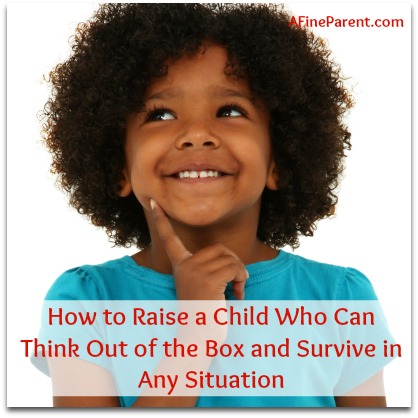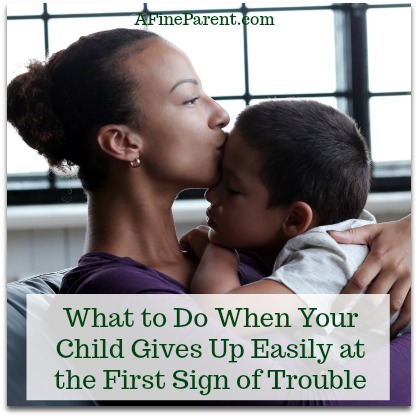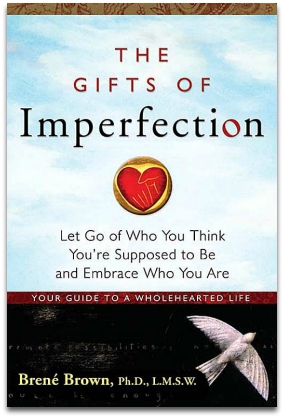 “Mommy! Why can I not open my eyes when I look at the sun?
“Mommy! Why can I not open my eyes when I look at the sun?
Why do I always have to sleep early, when you can stay up late?
Momma, why does the water not flow up the mountain ever?
Doesn’t the moon hate the sun for hiding it in the daytime?
Why is my hair straight and Dad’s curly?
Why can I not fly like the birds?”
Have you also had your share of the endless questions with limited unsatisfactory answers for your little ones? Did you ever think of hiding behind the couch like me seeing your little one in a questioning mode?
It’s payback time! But don’t worry! I’ll make sure it is fun for everyone!
It’s your turn to put some interesting questions to your kids. Because when you put a thoughtful question to your child, it zaps on her thinking mode automatically. And when young minds think, analyze or introspect, they learn best and grow up to be resourceful adults who can think out of the box and survive in any situation.
 When I was a kid, summer was freedom.
When I was a kid, summer was freedom. At a recent youth retreat my 12-year-old nephew, Joey, was called up on stage along with four other preteens. Each participant had a box of tissues set in front of them. They were told, “at the word GO your challenge is to be the first person to remove all the tissues from the box. The winner will receive a large box of candy.”
At a recent youth retreat my 12-year-old nephew, Joey, was called up on stage along with four other preteens. Each participant had a box of tissues set in front of them. They were told, “at the word GO your challenge is to be the first person to remove all the tissues from the box. The winner will receive a large box of candy.” “AAAAAAAAARRRRR!” She roars.
“AAAAAAAAARRRRR!” She roars.
 When my youngest was two he suddenly became obsessed with Halloween.
When my youngest was two he suddenly became obsessed with Halloween.